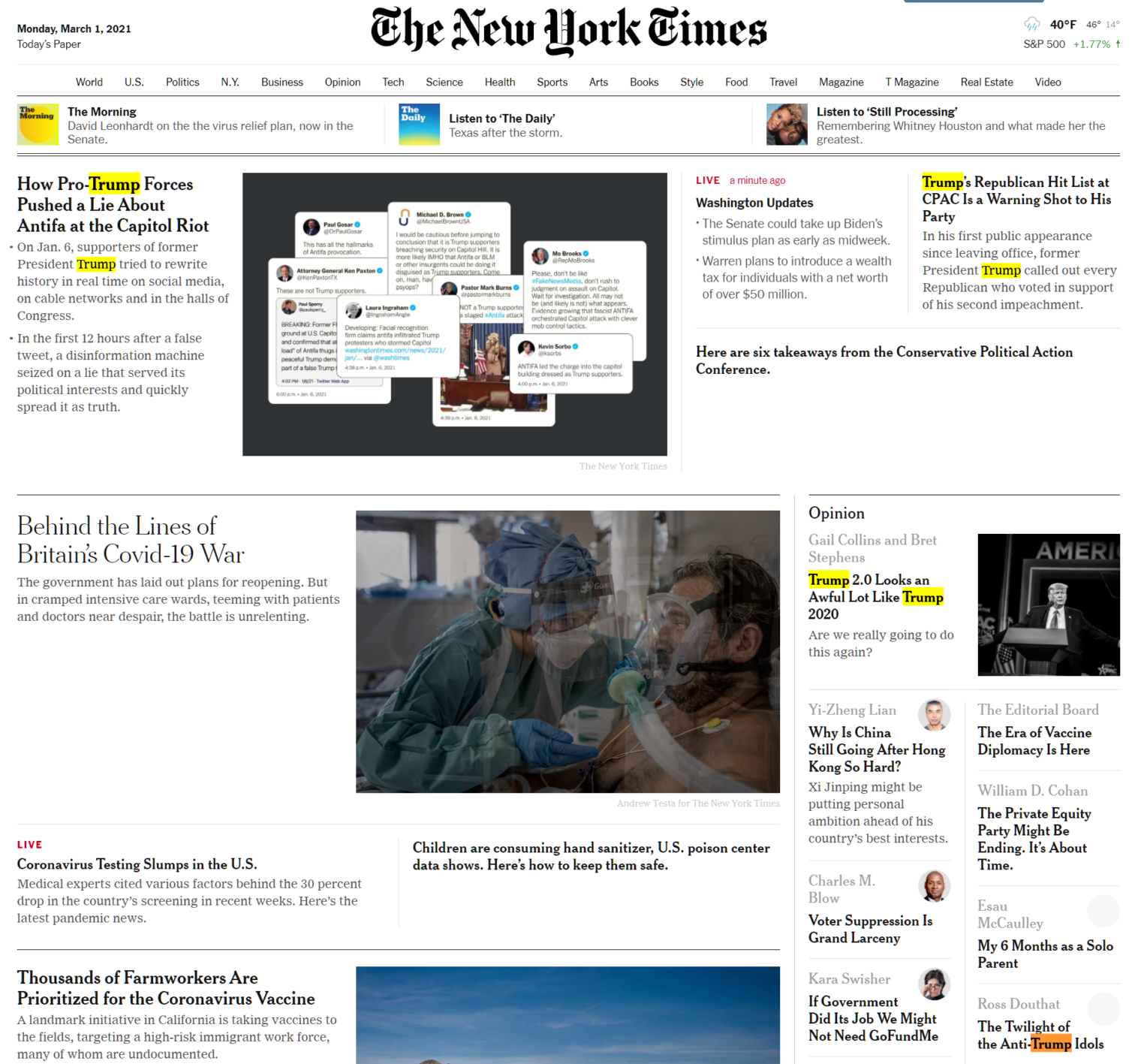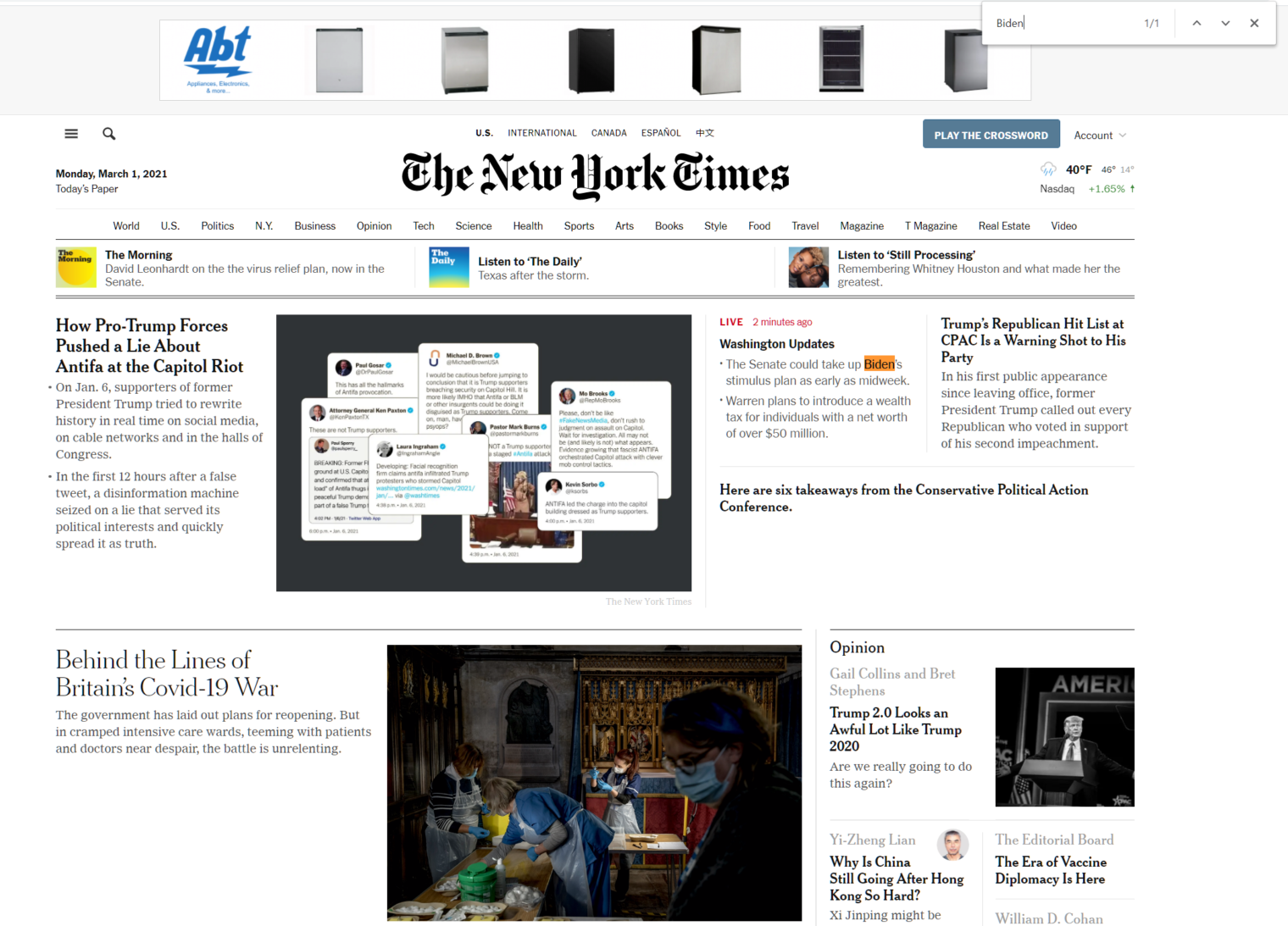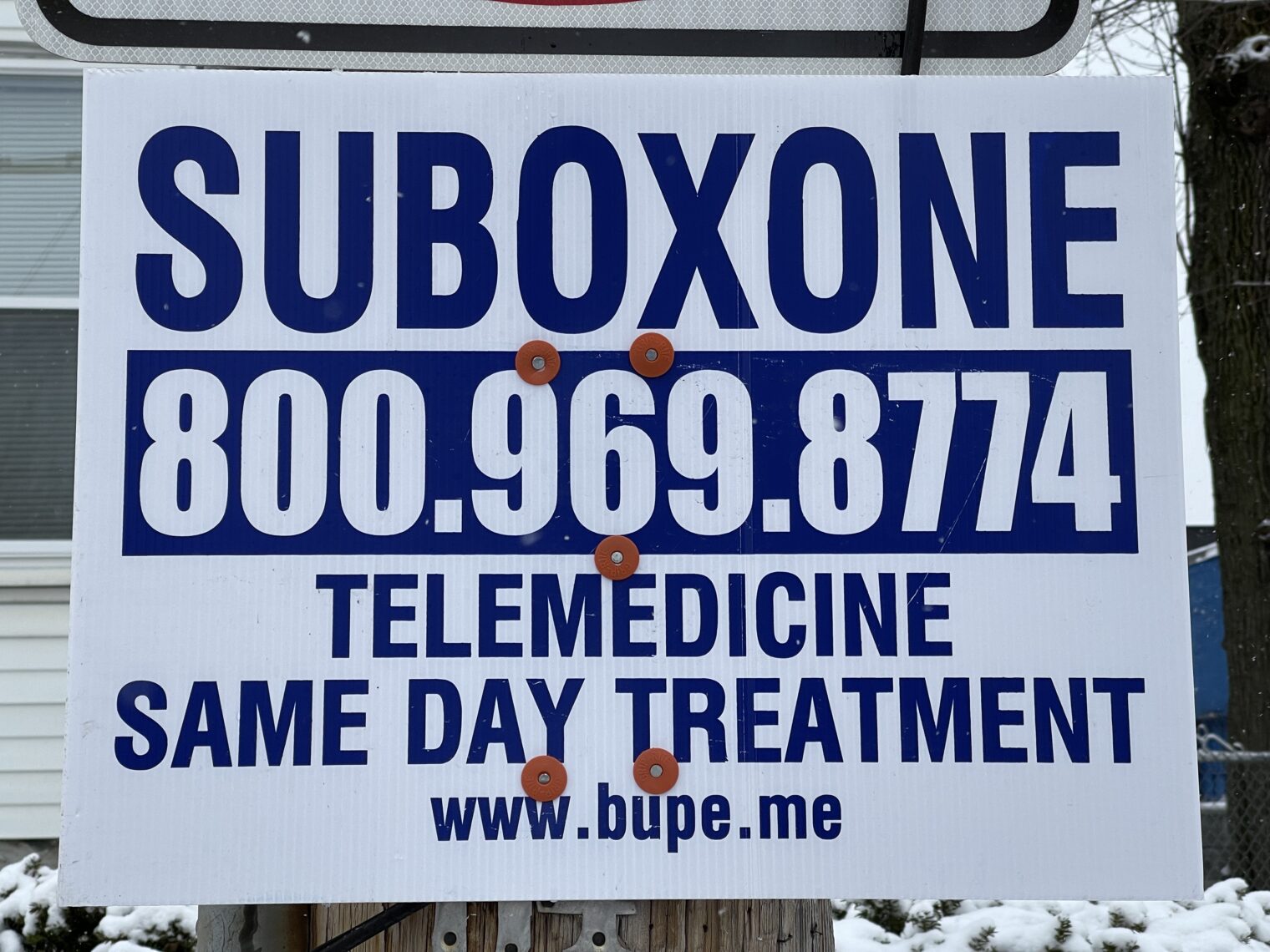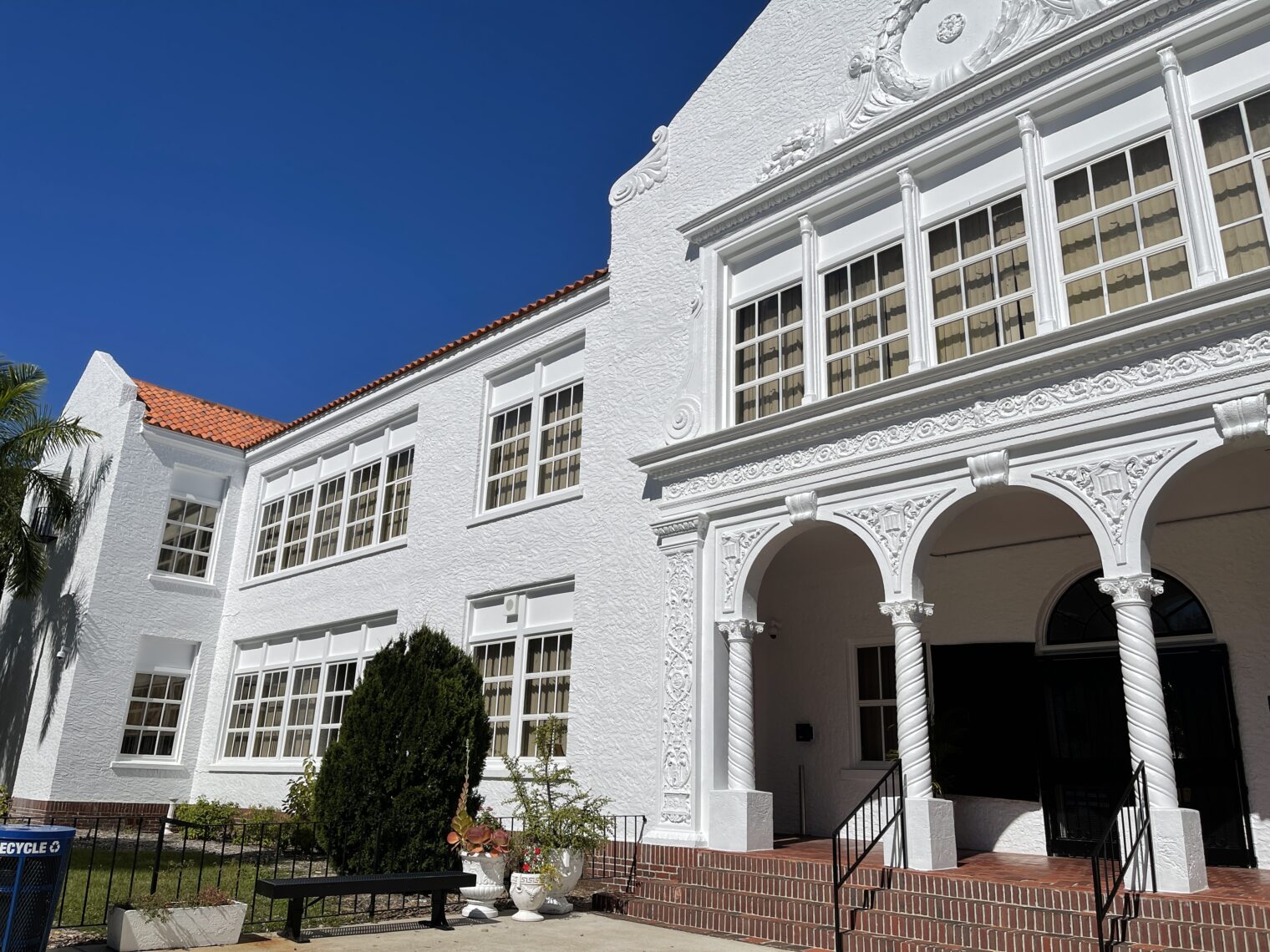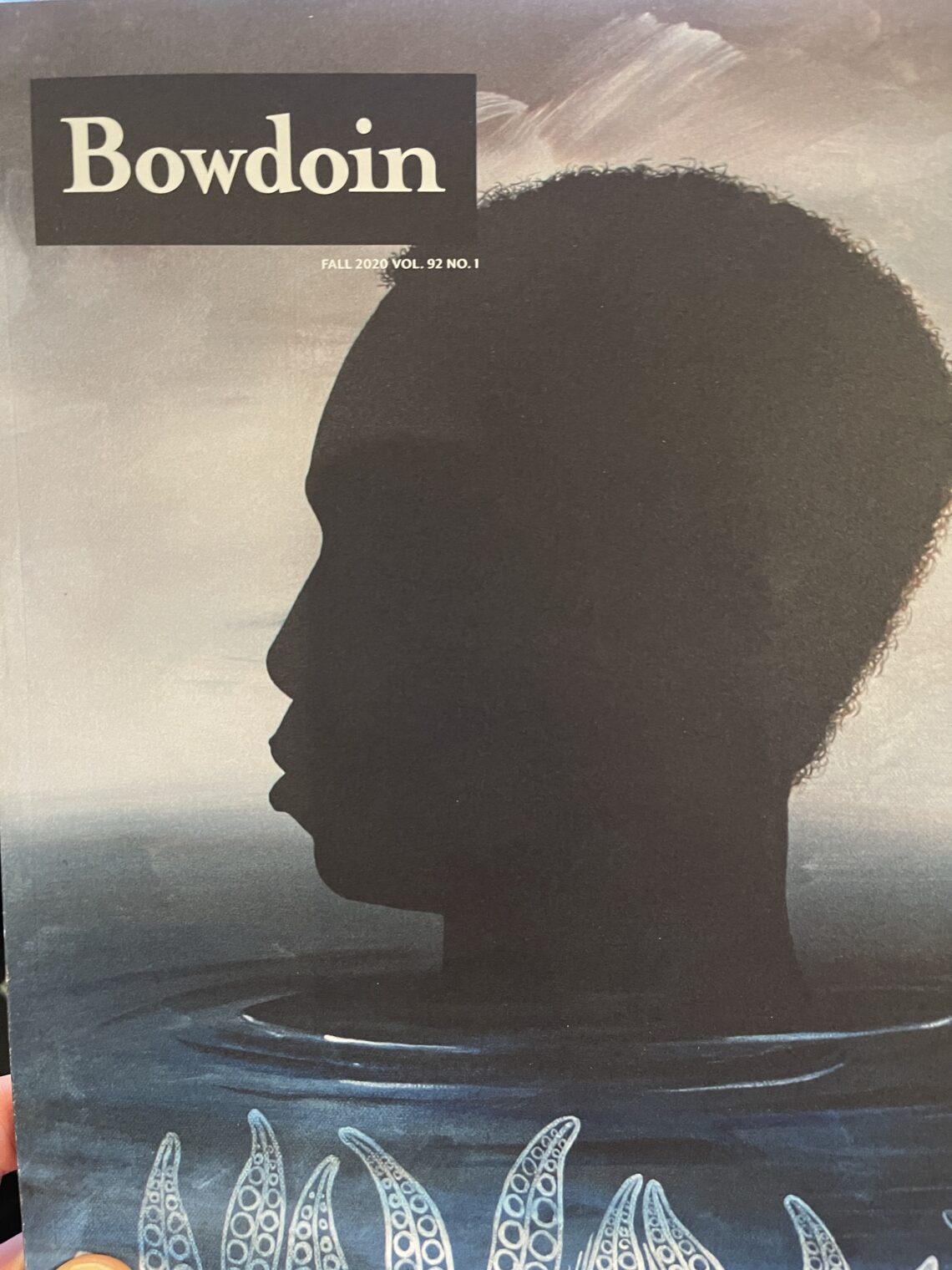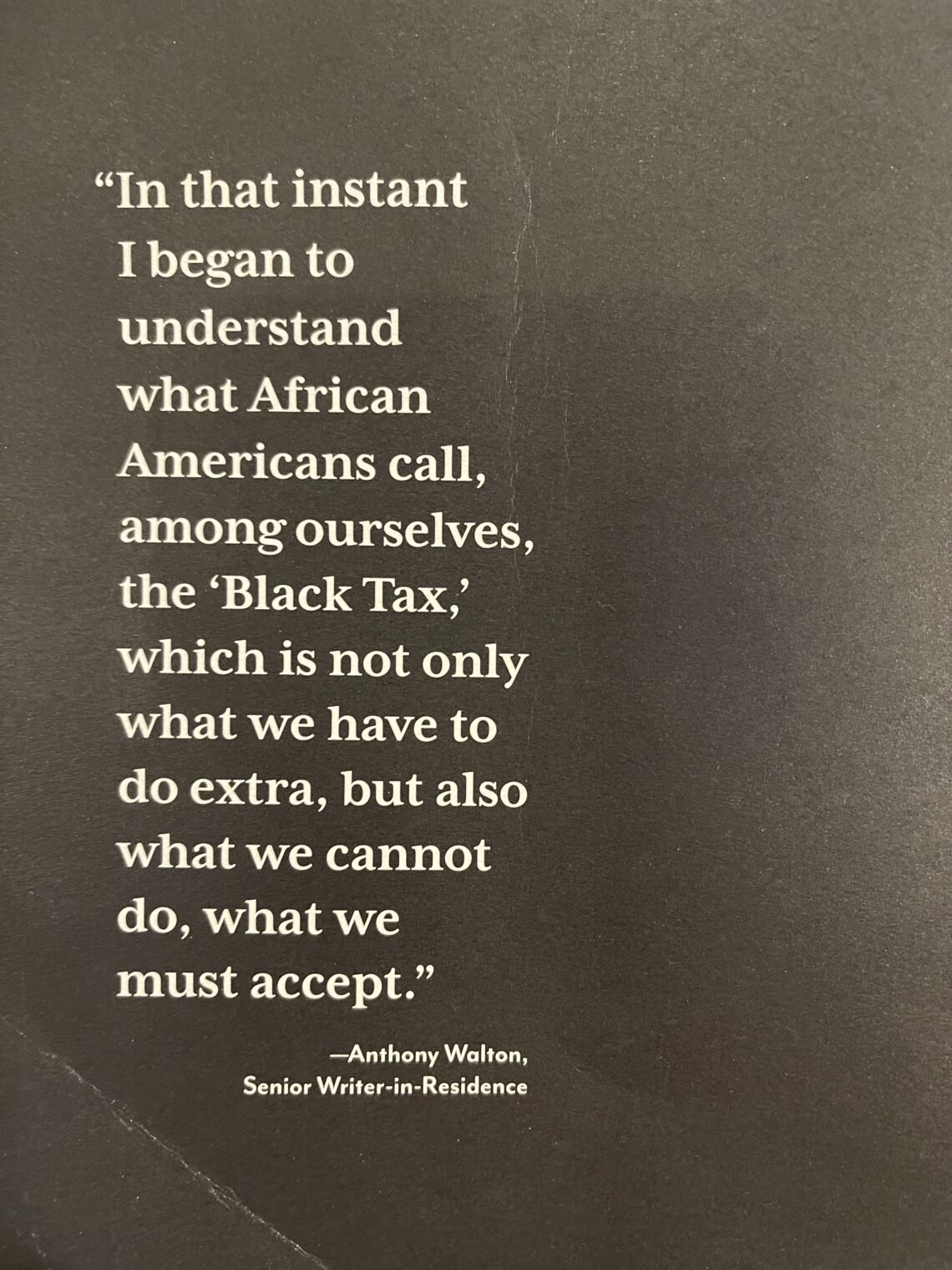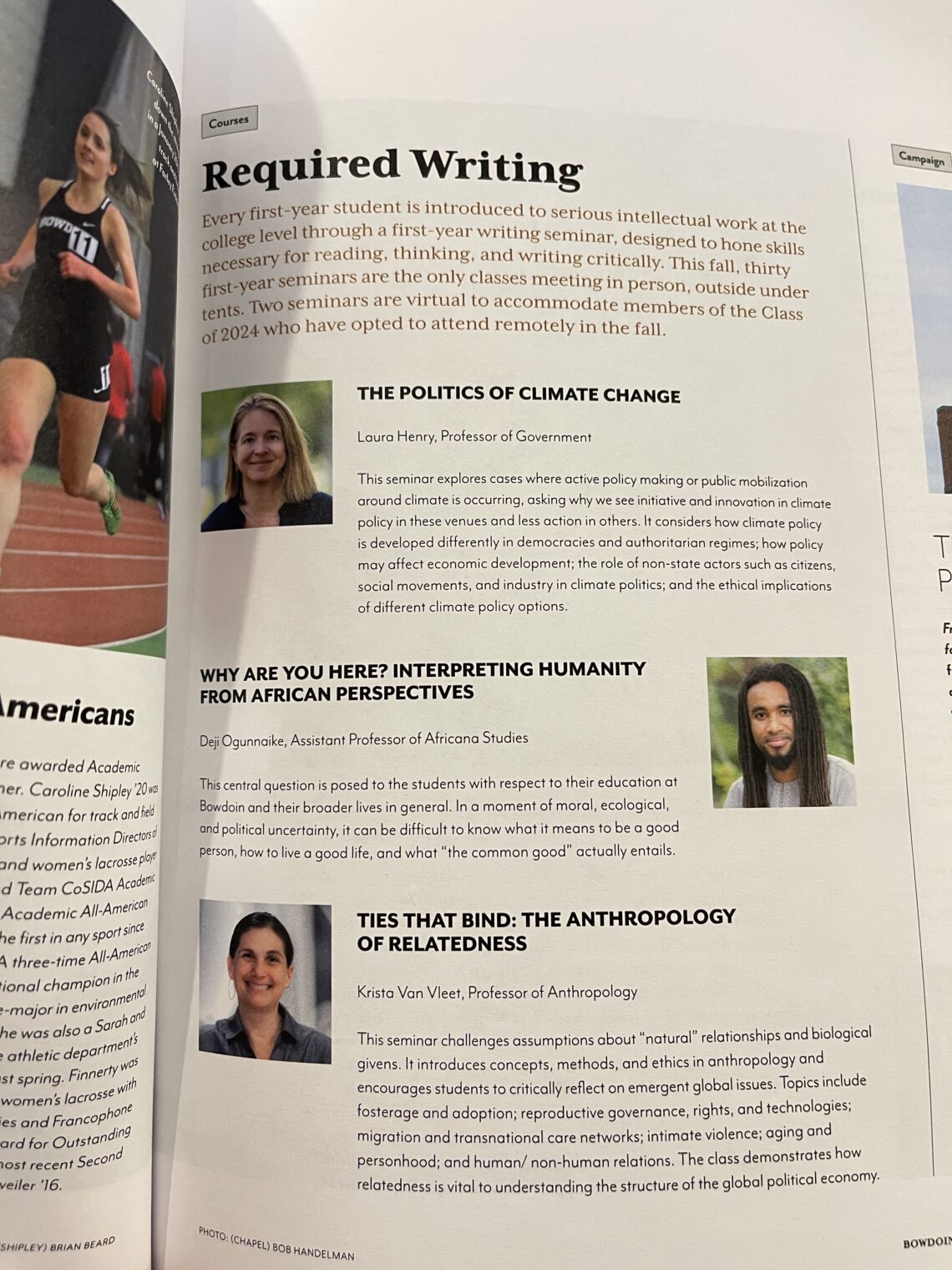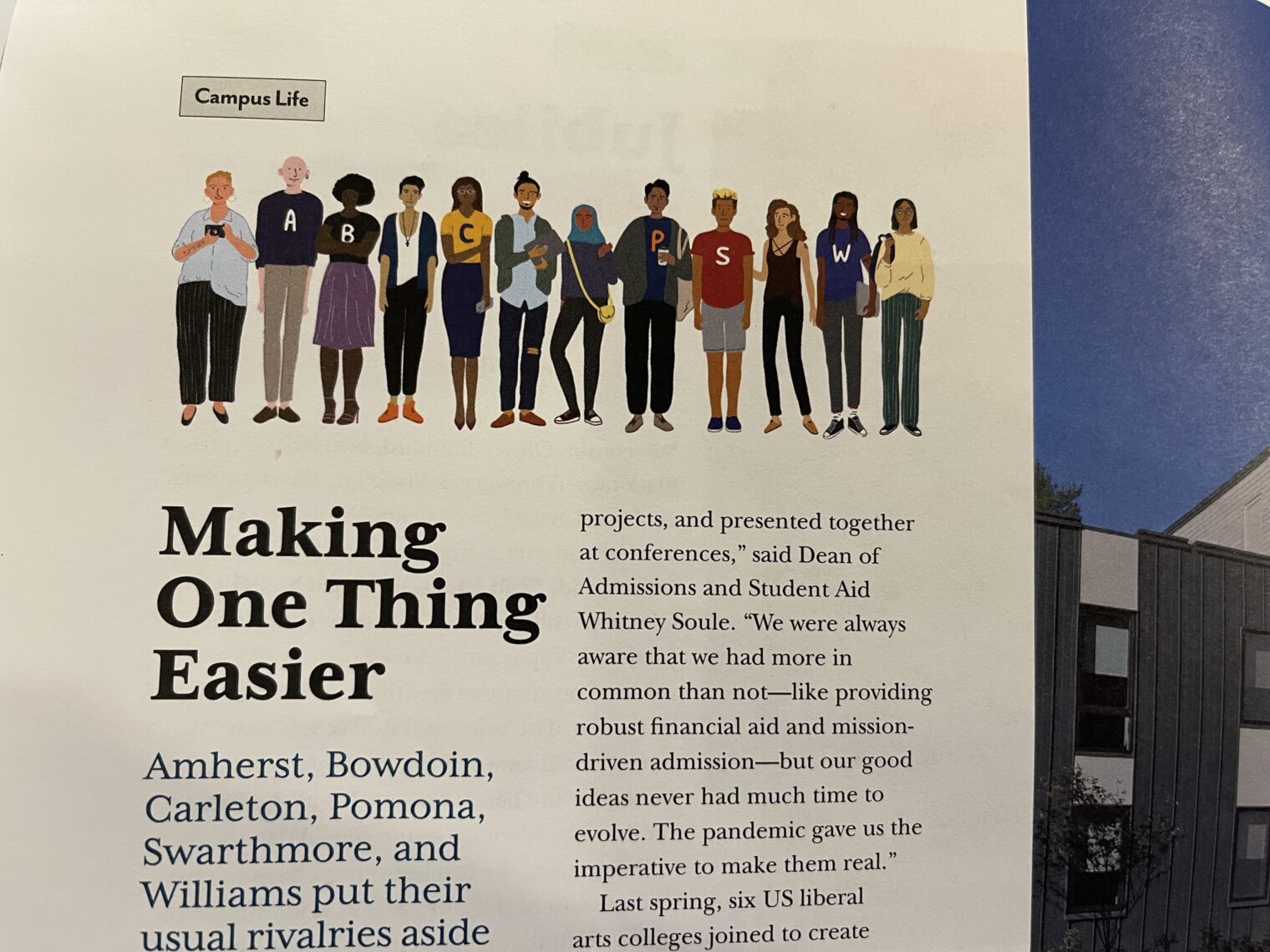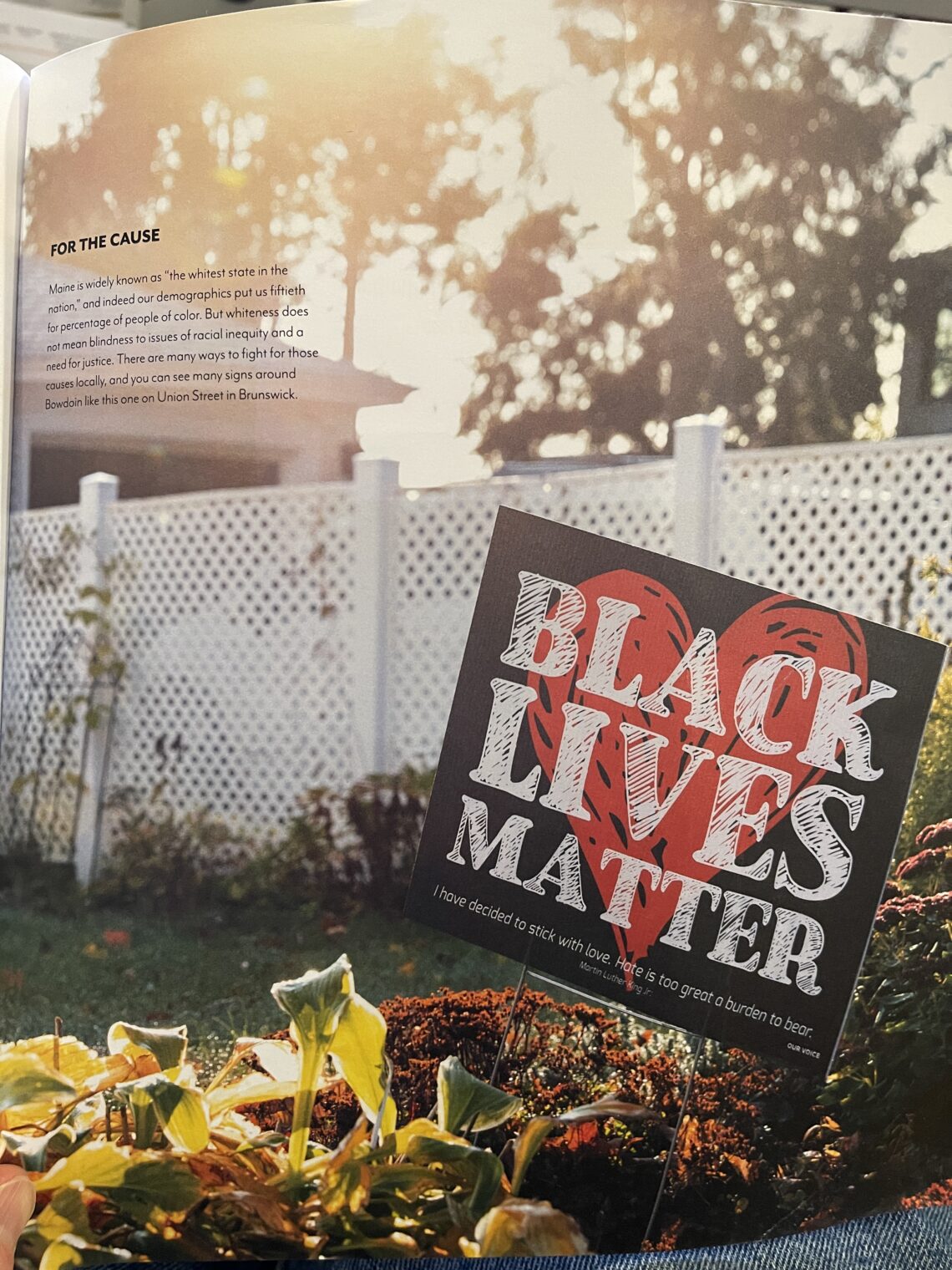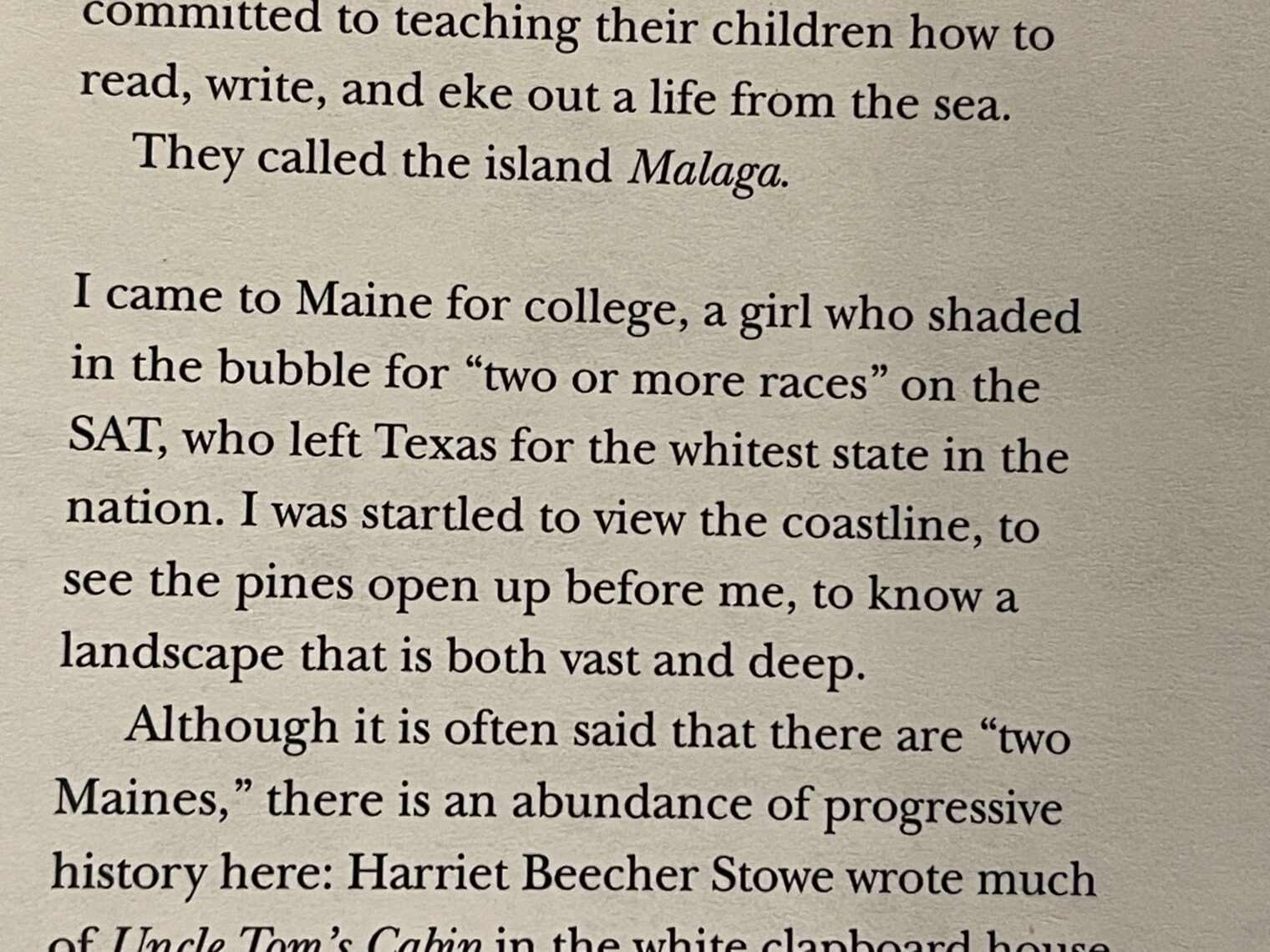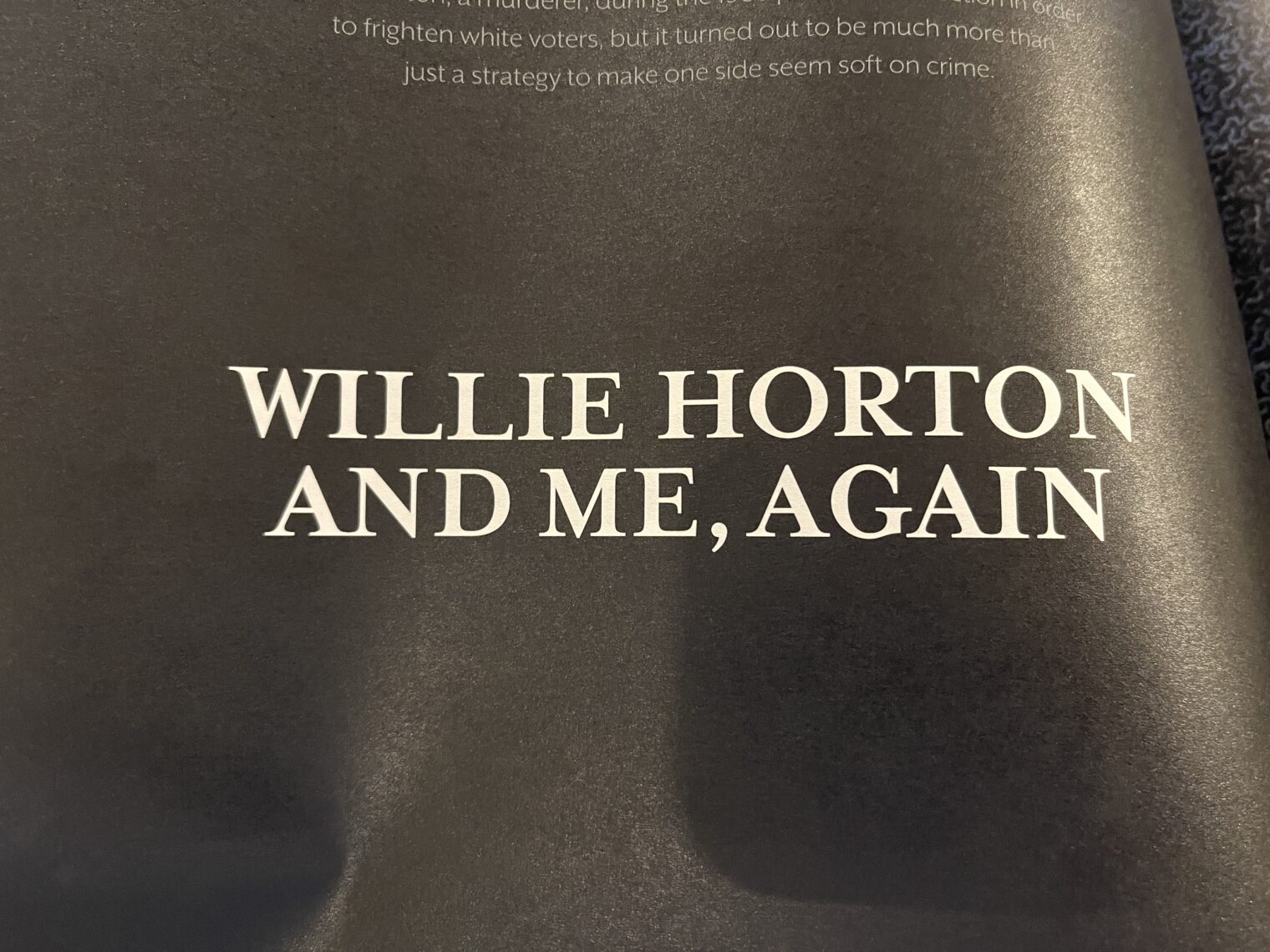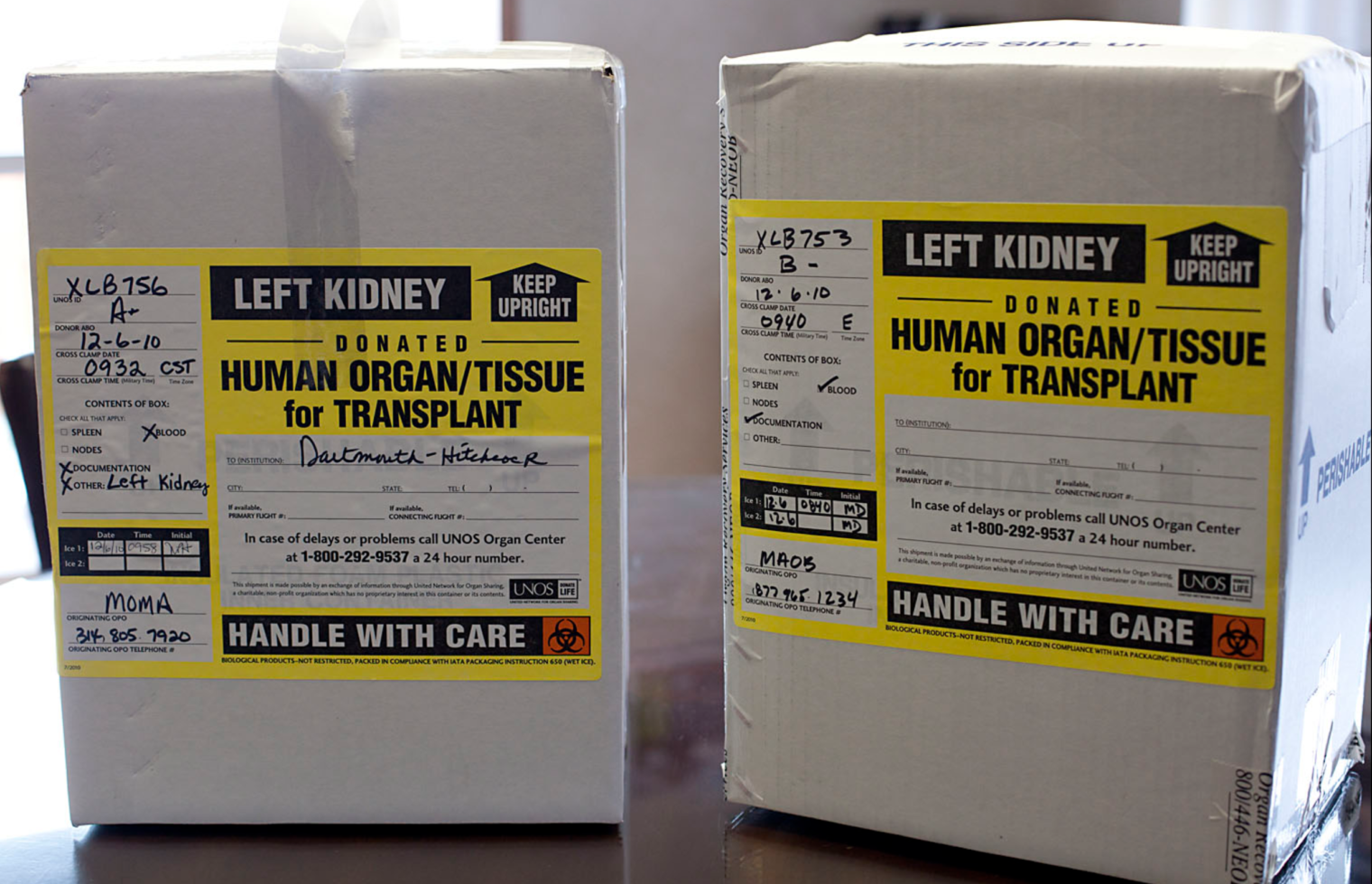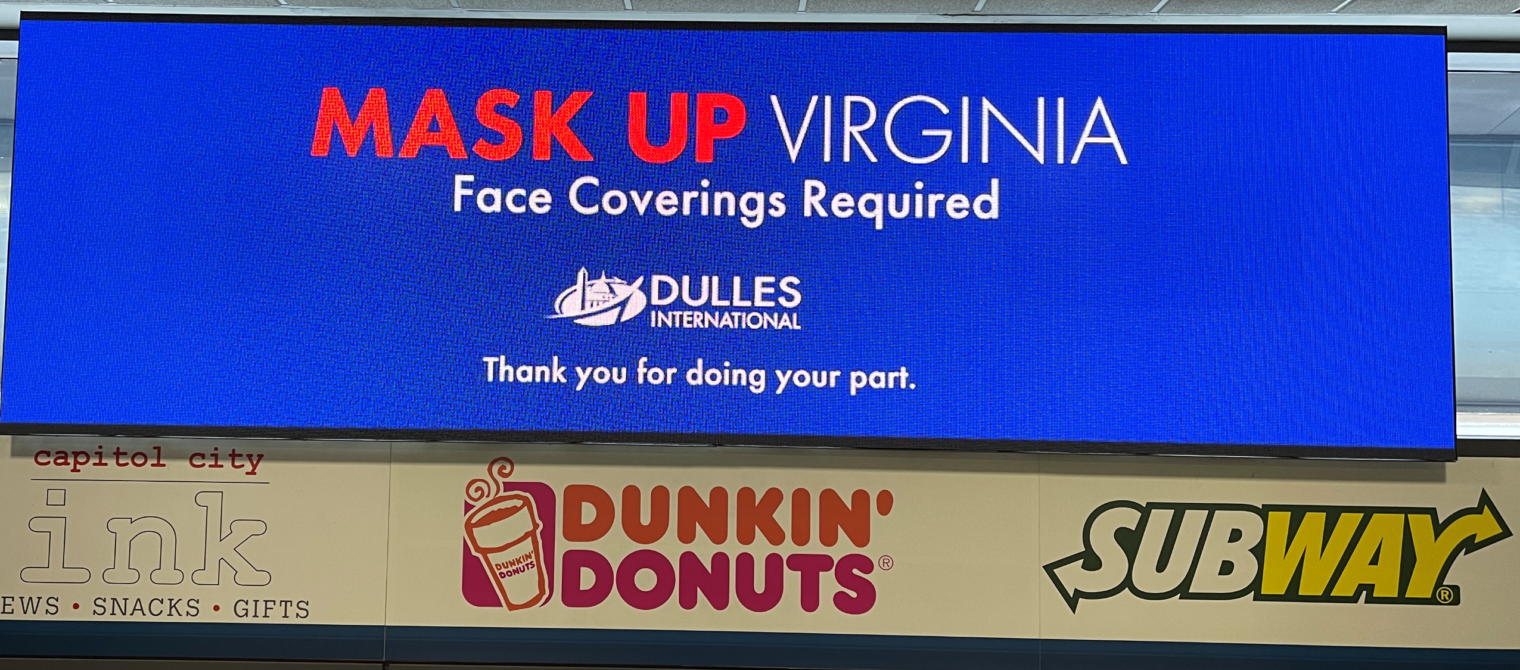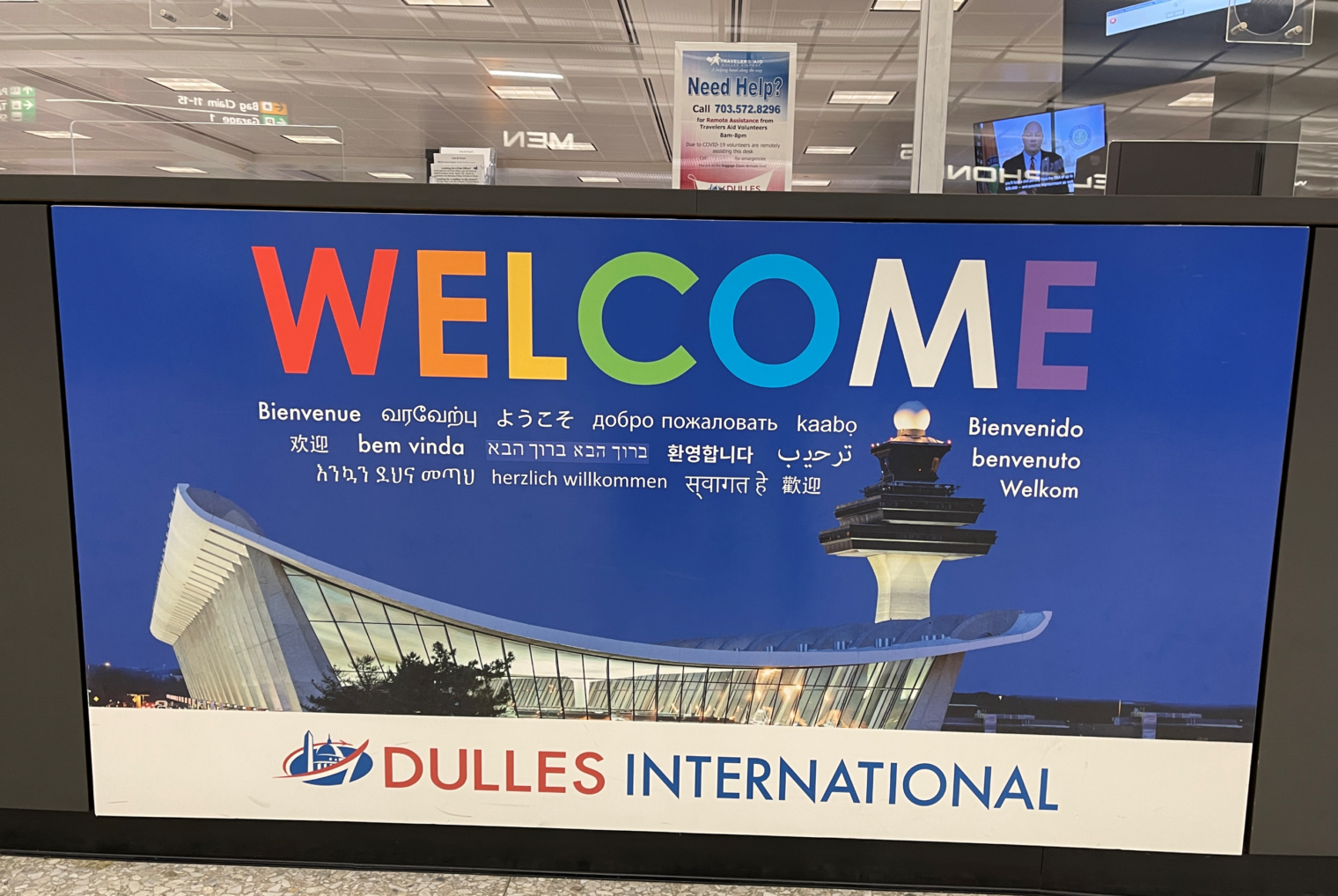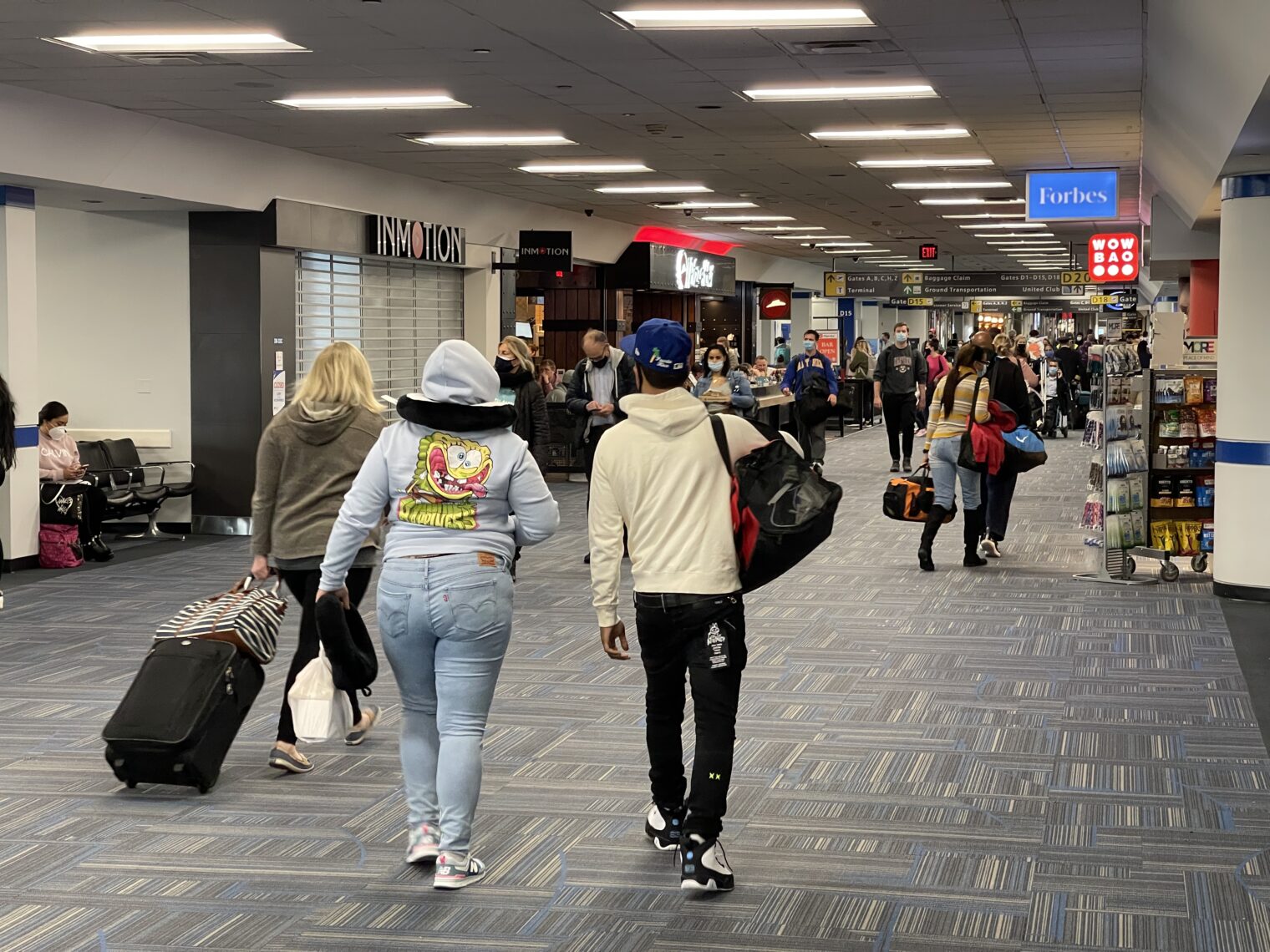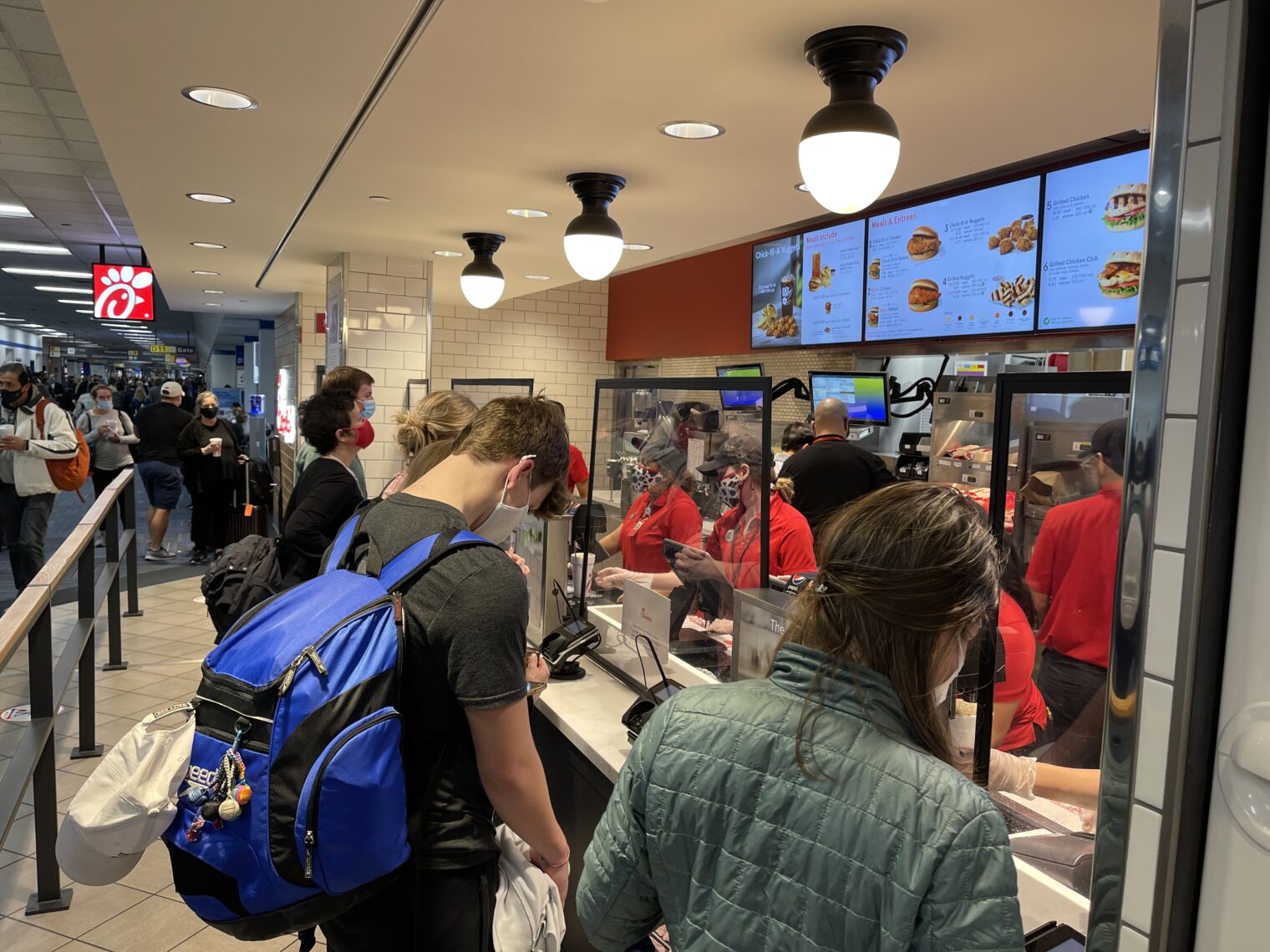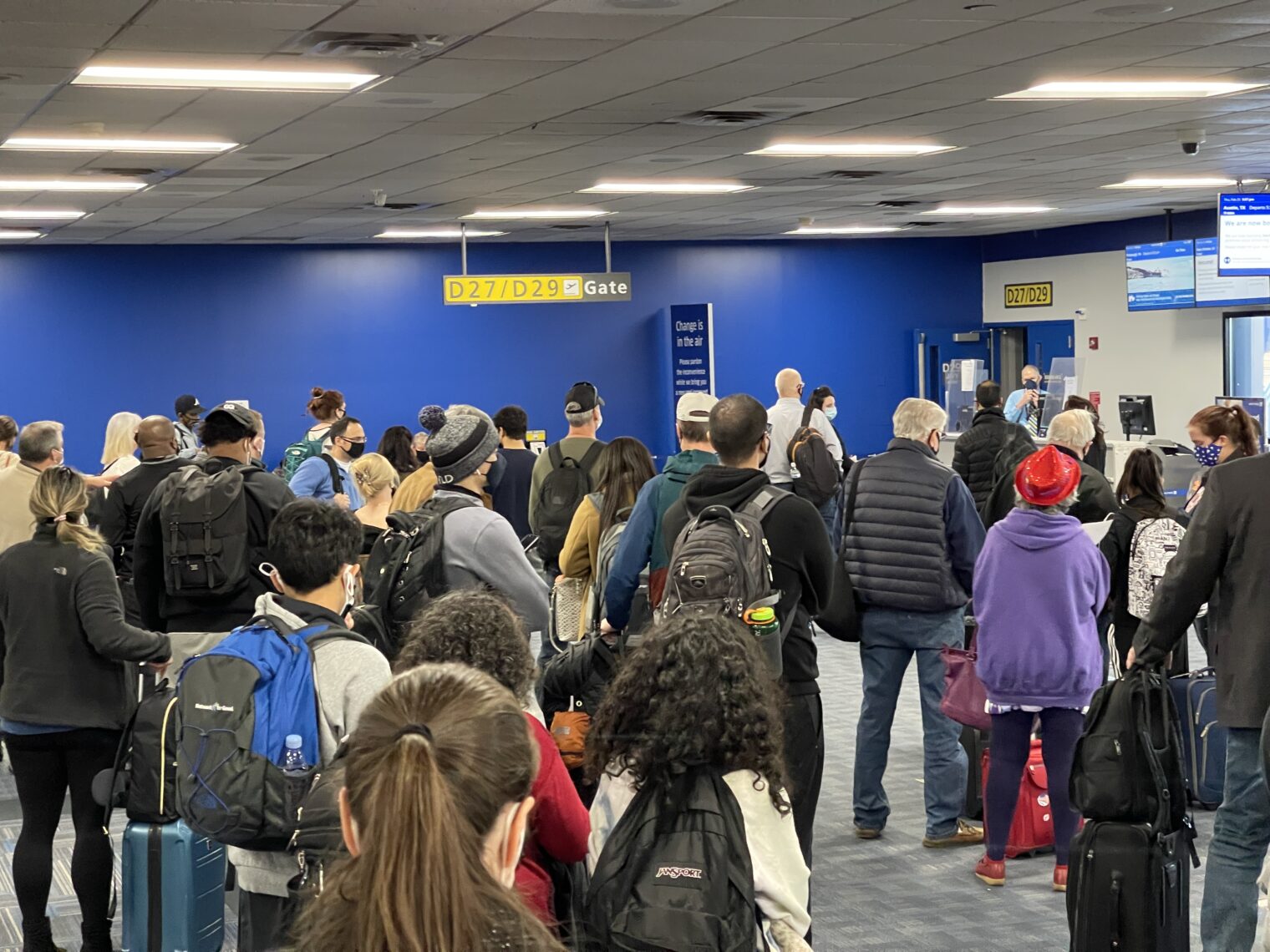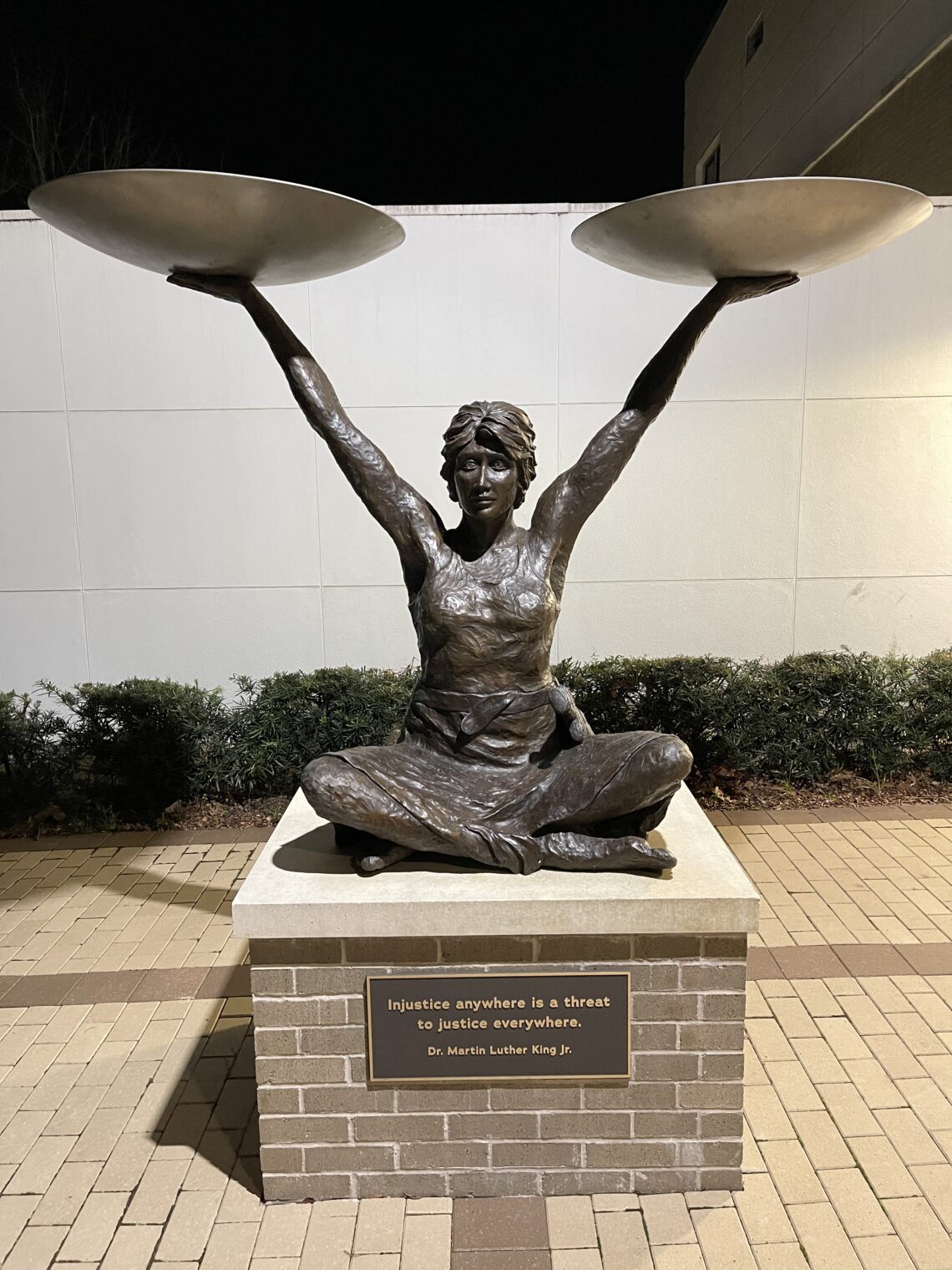A tale of a recent trip from Boston to Washington-Dulles on United Airlines… (my first on an airliner since the BC epoch (“Before Coronapanic”))
The good news is that all of our post-9/11 security fears have been resolved. I don’t remember hearing any announcements about “if you see something, say something”, leaving cars unattended at the curb, or calling the authorities after spotting unattended bags.
The not-so-good news is that our security fears have been replaced by COVID-19 fears. The best news, though, as anyone in California or Spain can attest, is coronavirus can never succeed amongst masked humans, no matter how primitive the mask technology. Combining these two, the airport authorities and the airlines have cooperated to bombard passengers with literally hundreds of signs and announcements regarding masks: (1) wear them, (2) don’t wear them under your nose, (3) don’t worry about COVID-19 if you’re masked, etc. I stopped counting at 200 exposures (signs+audio) after less than 30 minutes in Logan airport.
After being educated literally hundreds of time on this topic, did I wear a mask in the terminal? No. I sat down at a Legal Sea Foods restaurant across from the gate, ordered a salad and an ice tea, and timed the completion of my meal to coincide with the final boarding call.
One improvement is that the gate agents no longer do “hurry up so that you can wait in the jet bridge.” I was handed a disinfecting wipe as soon as I walked onto the plane. But if I were worried enough about getting COVID-19 from surface contamination to use the wipe, why would I have been on the plane to begin with? (see Does disinfectant theater contribute to coronaplague?)
Unlike Delta, United does not block the middle seats. They’ve cut so many flights that, despite the minimal demand, most people on my BOS-IAD leg were jammed into completely occupied rows. I’m a “Silver” member so I ended up towards the front in a row with an empty middle seat between myself and a slender young guy who seemed completely uninterested in the Festival of Corona.
The United app delivers this message if you open it up in flight:
The lead flight attendant on the plane delivered the same message multiple times over the PA as well. He took care to say that he’d seen passengers wearing masks improperly and that this would not be tolerated.
As soon as we took off, though, the Cart of Demaskification was brought out. People like me who hadn’t asked for a drink were offered one. I responded to the offer with “Coke please” and was given an entire can… which takes about as long to drink as the flight time from Boston to D.C. The fine print above says that people are supposed to put on a mask “between bites and sips”, but I didn’t see anyone doing that. So masks are like face seatbelts: required for takeoff and landing.
On arrival at Dulles, the messaging regarding masks resumed. Here’s a big electronic sign that presumably used to promote all of the great things going on in Virginia. Now it is “Mask Up Virginia” over a Dunkin’ Donuts sign:
(see also Public health, American-style: Donuts at the vaccine clinic and “90 percent of COVID deaths occur in countries with high obesity levels: study” (New York Post, March 5, 2021))
The only other message that the airport authorities seemed interested in delivering was a hearty rainbow flag welcome:
The return trip was similar, right down to the full can of soda served shortly after takeoff (45-minute cruise segment). Although the flight was not crowded, the terminal was jammed. Perhaps large sections have been shut down, which means passengers are now on top of each other near the gates that remain in use. The sit-down restaurants are, as at Logan, highly sought-after locations for those who want to relax unmasked, and there were (socially distanced) lines forming in front of some.
I joined the connoisseurs at the forbidden-in-Boston Chick-fil-A, which meant that I was unmasked for almost my entire wait. (One doesn’t want to wolf down a delicious meal that is denied to most residents of Maskachusetts.)
If anyone in the gate area actually did have coronavirus, there was a sufficiently dense crowd for spreading it:
I wouldn’t recommended the experience for those who are anxious about COVID-19. While you’re constantly being reminded about how hazardous COVID-19 is, there isn’t enough room in the airport to be truly distant from those who are potentially infected. People sit glumly with their masks on, waiting to see how the Russian roulette game that they’ve chosen to play will turn out. Unless you believe in the effectiveness of crude non-N95 masks, it’s the same risk level as being in a crowded Miami club, but a lot less fun.
Update 3/18: “Climate czar John Kerry caught going maskless on flight” (New York Post); Kerry’s response on Twitter: “If I dropped my mask to one ear on a flight, it was momentary. I wear my mask because it saves lives and stops the spread. It’s what the science tells us to do.“
Full post, including comments 